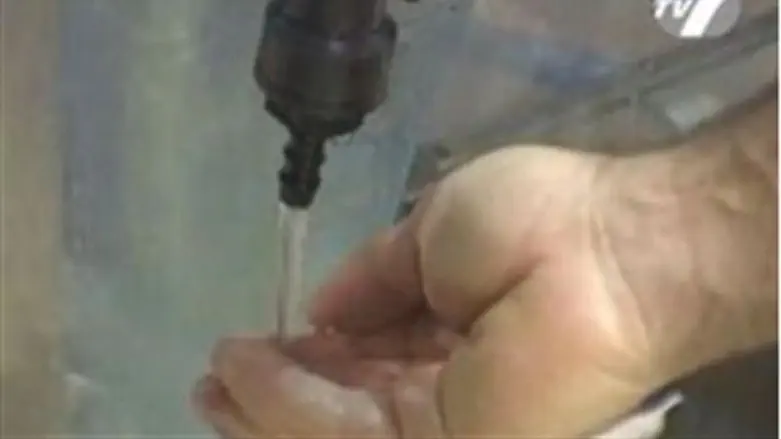
The PA claims Israel denies water for Arabs, but a report proves that Israel – unlike Jordan before 1967 – has connected most of the PA to the water grid.
Before the Six-Day War in 1967, when Jordan occupied all of Judea and Samaria – far beyond its United Nations mandate – 80 percent of the Arab population in Judea and Samaria was not connected to a water network.
Since the return of the areas to Israel, the Jewish state has connected 90 percent of the Arab population in Judea and Samaria to the national water grid, according to the Civil Administration’s Water Department.
The Civil Administration also has refuted a World Bank claim that it allegedly delayed 82 water projects in Judea and Samaria. “In actuality, only three of the projects were rejected by the Civil Administration,” it stated in a report.
The Civil Administration added that “47 of the projects cited in the report were situated in Areas A and B and therefore under the responsibility of the Palestinian Authority; 28 were in fact permitted by the Civil Administration; six projects were never submitted by the Palestinian Water Authority and five are still under review."
Israel has upheld the Oslo Agreements that have given the Palestinian Authority total responsibility for water in nearly half of Judea and Samaria.
Israel retains the authority to approved water projects in Area “C,” where there are high concentrations of Jews. The National Water Authority had provided documented proof of hundreds of water thefts by Bedouins and other Arabs in Area C.
The Civil Administration’s Water Department said it works closely with its Palestinian Authority counterpart, the Palestinian Water Authority, leaders of local communities in the region, and with international organizations that often fund the construction of wells and pipelines.
Last year, PA Prime Minister Salam Fayyad inaugurated the Rujib well that now provides water for 11 Arab towns in the "Nablus" (Shechem) district that were previously not connected to the network.
One project approved last year by the Civil Administration is a joint effort by Japanese and Israeli NGOs that creates a wetland in Judea and Samaria, will treat waste water and serve as a water source for the agricultural sector.